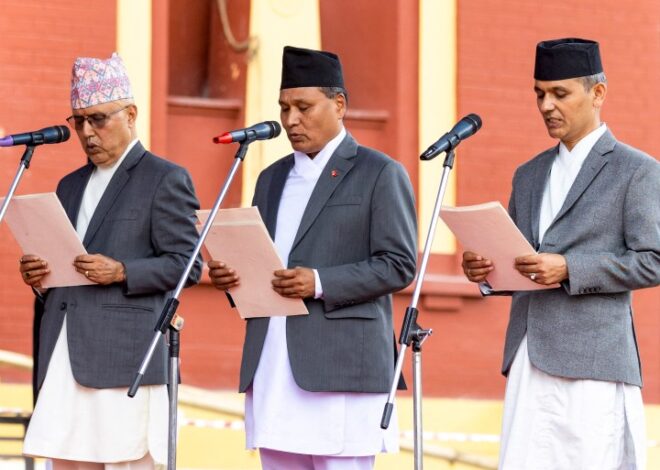Poland calls for NATO-backed no-fly zone over Ukraine

Poland Urges NATO to Establish No-Fly Zone Over Ukraine
In a significant development regarding the ongoing conflict in Ukraine, Poland’s foreign minister has called on NATO member states to implement a no-fly zone over Ukraine. This plea comes in the wake of heightened tensions following a recent drone incursion into Polish airspace, which has raised concerns about the potential for further Russian aggression in the region.
Context of the Call for a No-Fly Zone
The call for a no-fly zone is rooted in Poland’s desire to safeguard not only its own territory but also the broader European landscape from potential Russian strikes. The situation has become increasingly precarious, particularly after an incident last week where drones crossed into Polish airspace, prompting the North Atlantic Treaty Organization (NATO) to scramble fighter jets in response. This incident has underscored the vulnerability of NATO’s eastern flank and the need for a coordinated response to Russian military actions.
Poland’s Position and Concerns
Poland has been one of the most vocal advocates for a stronger NATO presence in Eastern Europe since the onset of the conflict in Ukraine. The foreign minister’s recent remarks reflect a growing urgency within the Polish government to ensure that NATO takes decisive action to deter further Russian incursions. The Polish leadership believes that a no-fly zone would serve as a critical measure to protect not only Ukraine but also neighboring NATO countries from potential spillover effects of the conflict.
The drone incident has intensified fears among Polish officials that Russia may be testing the limits of NATO’s resolve. By advocating for a no-fly zone, Poland aims to signal to both its allies and adversaries that it is committed to defending its sovereignty and that of its neighbors against any form of aggression.
NATO’s Response to the Situation
In light of the recent drone incursion, NATO has been closely monitoring the situation. The alliance’s decision to scramble fighter jets demonstrates its commitment to protecting member states and responding to potential threats in real-time. However, the implementation of a no-fly zone over Ukraine would require consensus among all NATO members, which can be a complex and politically sensitive process.
The idea of a no-fly zone has been debated among NATO allies since the beginning of the conflict in Ukraine, with some countries expressing caution about escalating military involvement. The potential risks associated with enforcing such a zone, including direct confrontations with Russian forces, have made many NATO members hesitant to take this step.
The Broader Implications of a No-Fly Zone
Establishing a no-fly zone over Ukraine would have far-reaching implications for the conflict and for NATO’s strategic posture in Eastern Europe. It would likely require a significant military commitment from NATO countries, including the deployment of advanced aircraft and air defense systems. Moreover, enforcing a no-fly zone would necessitate robust intelligence and surveillance capabilities to monitor and respond to any violations.
The potential for increased tensions between NATO and Russia cannot be understated. Moscow has consistently warned against foreign military involvement in Ukraine and has threatened to respond decisively to any perceived encroachments on its sphere of influence. As such, the decision to implement a no-fly zone would require careful consideration of the geopolitical landscape and the potential consequences for regional stability.
Conclusion: A Call for Unity and Action
As Poland’s foreign minister articulates the need for a no-fly zone, the call resonates with the broader concerns of NATO member states about the implications of Russian aggression. The situation remains fluid, and while Poland seeks to rally support for this initiative, the complexities of international diplomacy and military strategy will play a critical role in shaping NATO’s response.
In the face of ongoing challenges, the unity and resolve of NATO allies will be essential in addressing the threats posed by Russia and ensuring the security of Eastern Europe. Poland’s proactive stance serves as a reminder of the delicate balance that must be maintained in addressing the multifaceted nature of the conflict in Ukraine.
Key Facts
– Poland’s foreign minister has called for NATO to impose a no-fly zone over Ukraine.
– This request follows a recent drone incursion into Polish airspace that prompted NATO to scramble fighter jets.
– Poland aims to protect itself and its neighbors from potential Russian strikes.
– The implementation of a no-fly zone would require consensus among NATO member states.
– There are concerns about the potential risks and geopolitical implications of enforcing a no-fly zone over Ukraine.
Source: www.washingtonpost.com


